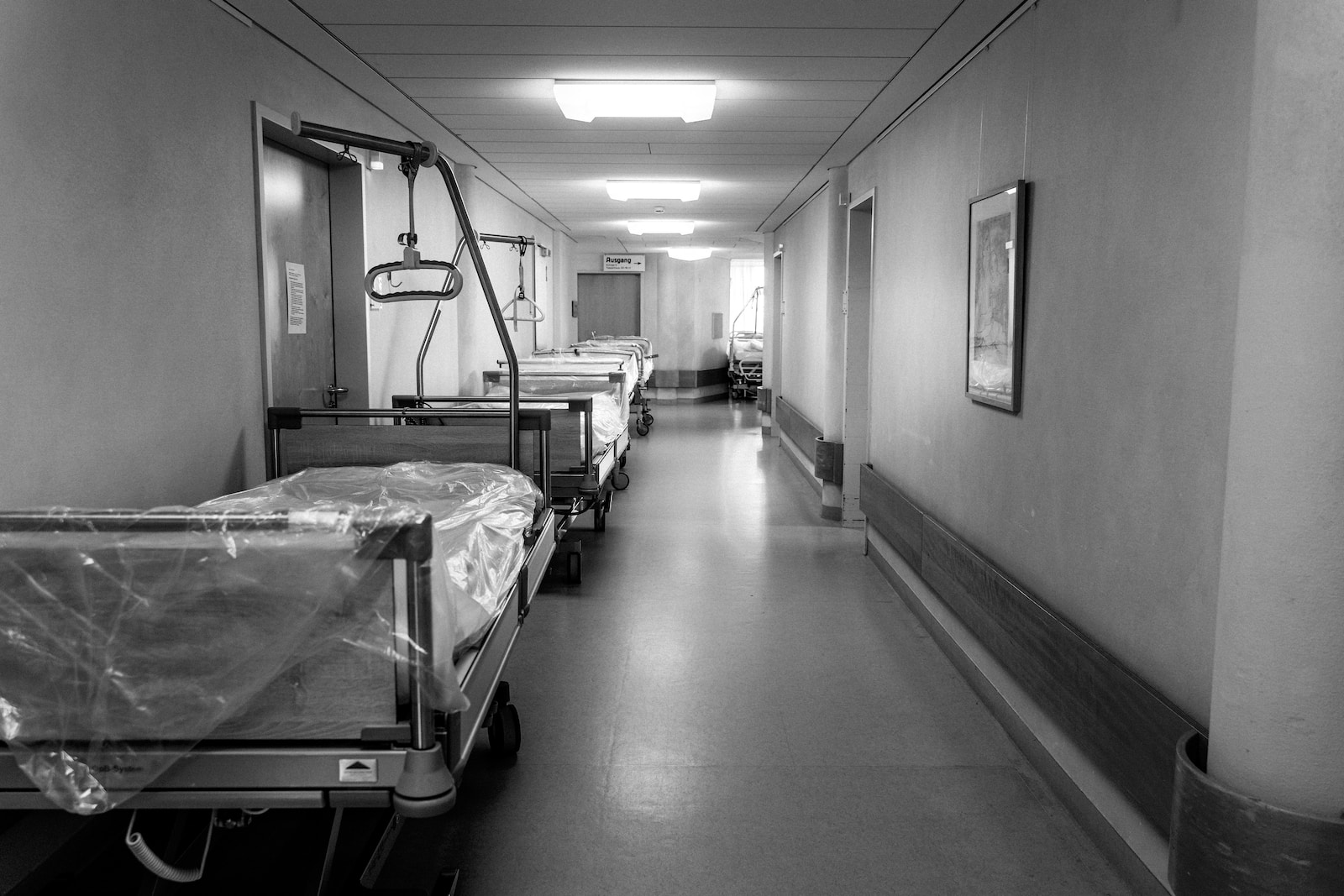The humanitarian situation in Gaza has reached a “lethal low” as the Israeli military orders the relocation of over 1.1 million people from the northern region of Wadi Gaza to the southern area, within a 24-hour deadline. This announcement, made by UN Spokesperson Stéphane Dujarric, has raised concerns about devastating consequences for the already vulnerable population. The United Nations (UN) and its agencies have called for the order to be rescinded, emphasizing the impossibility of such a movement and the dire humanitarian repercussions it would entail.
‘Death sentence’ for many
UN representatives in Gaza have described the relocation order as a “death sentence” for many affected individuals. The World Health Organization (WHO) has joined the call for Israel to retract the order, highlighting the impossibility of evacuating vulnerable hospital patients from the north of Gaza. The UN has reiterated its appeals for the immediate release of hostages held in Gaza and for the protection of civilians, as well as urgent aid access to the sealed-off enclave.
‘Pushing people into the abyss’
UN humanitarians have also expressed concern about the worsening situation in Gaza and the potential loss of civilian lives. The head of the UN Agency for Palestine Refugees (UNRWA) warned that the relocation order would lead to unprecedented levels of misery and further push people in Gaza into an abyss. The UNRWA stated that Gaza is on the brink of collapse, emphasizing the need for all parties to uphold the laws of war.
Aid ‘locked out’
The UN has urgently requested humanitarian access to Gaza, as supplies are quickly depleting. The situation has reached a critical point, with UN officials stating that they are effectively locked out of Gaza. On Thursday, the UN launched a flash appeal for $294 million to address the urgent needs of 1.26 million people in Gaza and the occupied West Bank. The immediate priority is to de-escalate the conflict and alleviate the suffering of civilians.
Health system at ‘breaking point’
The health system in Gaza is at a breaking point, with hospitals exceeding their capacities and struggling to provide adequate care. The World Health Organization has reported that six out of the seven main hospitals in Gaza are only partially functioning. Moving critically injured patients and those depending on life support would be a death sentence, and health workers are facing a difficult choice of whom to save in a dire situation that is overwhelming the already strained healthcare system. There have also been numerous attacks on healthcare facilities and personnel, further exacerbating the crisis.
Release hostages, protect civilians
The UN Human Rights Office insists that civilians must never be used as bargaining chips and calls for the immediate and unconditional release of hostages. Both Palestinian armed groups and Israel are urged to respect international humanitarian law and halt attacks against civilians. The rise in hate speech, including anti-Semitic and Islamophobic rhetoric, is also a cause for concern, and leaders are called upon to stem such hate speech and incitements to violence.
Rise in hate speech
The situation in Gaza has sparked strong emotions worldwide, leading to a proliferation of hate speech and incitement to violence in many countries. The UN rights chief deplores this rise in anti-Semitic and Islamophobic hate speech and calls on leaders to unite against it. In the face of this desperate situation, the international community must show solidarity and advocate for the protection of all civilians, regardless of their background.
The UN Security Council is scheduled to meet in New York to discuss the situation in Gaza, highlighting the urgency of the crisis and the need for a coordinated international response.
Sources: UN Note to Correspondents, UN News














